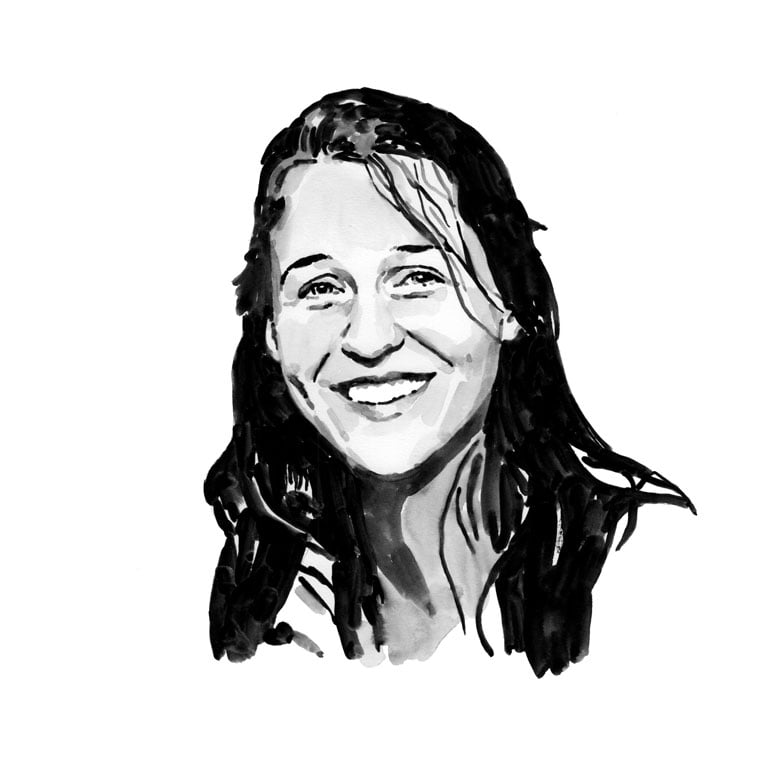Atlantine Boggio-Pasqua

Who I am
I have always been fascinated by nature and wildlife in general, but it was only when I interned as a research assistant in Mozambique in 2018 that I discovered that my true calling was to study the marine world. There, one enigmatic ray quickly became my obsession and the focus of my research: the smalleye stingray, the largest marine stingray in the world and one of the rarest. Leading the first population study on this data-deficient and probably endangered species was a turning point for the budding researcher I was, and this experience completely changed my career aspirations. Determined to contribute to the conservation of other data-deficient and/or threatened elasmobranch species, I then interned at Mote Marine Laboratory to study the age and growth of whitespotted eagle rays in the Gulf of Mexico as part of my Master’s thesis. My interest in pelagic rays only grew stronger and I am now looking to conduct further research on these vulnerable species.
Where I work
I completed a Master’s degree in marine biology and ecology at Aix-Marseille University in 2020 and while putting together my PhD project for the past two years, I have been working for the French NGO Pure Ocean Fund as its scientific coordinator. I will officially start my PhD in April 2023 and will then be based at the Mediterranean Institute of Oceanography in Marseille, ideally located in the splendid landscape of the Calanques National Park. Since the focus of my thesis is the west Atlantic pygmy devil ray, I will frequently travel to Florida to conduct field work and sample analyses alongside Mote Marine Laboratory researchers and other project collaborators.
What I do
During my academic training, I specialised in quantitative approaches – a nice term to refer to what most biology students fear and resist: statistics, modelling and computing! Even though I was never a math genius, I learned how to handle these incredible tools in order to answer scientific questions about my favourite species.
For this research project, I will spend most of my time in the lab analysing the different types of data collected in the Gulf of Mexico: morphometrics and acoustic detections of tagged devil rays, but also genetic and biomarker analysis results. Interpreting these data requires various statistical approaches and skills that I will either learn or develop. Of course, I will not miss out on field work with experienced Mote scientists: safely capturing, measuring, sampling, tagging and releasing devil rays are the key components of this research project, as they will provide the data critical to the conservation of the species.
